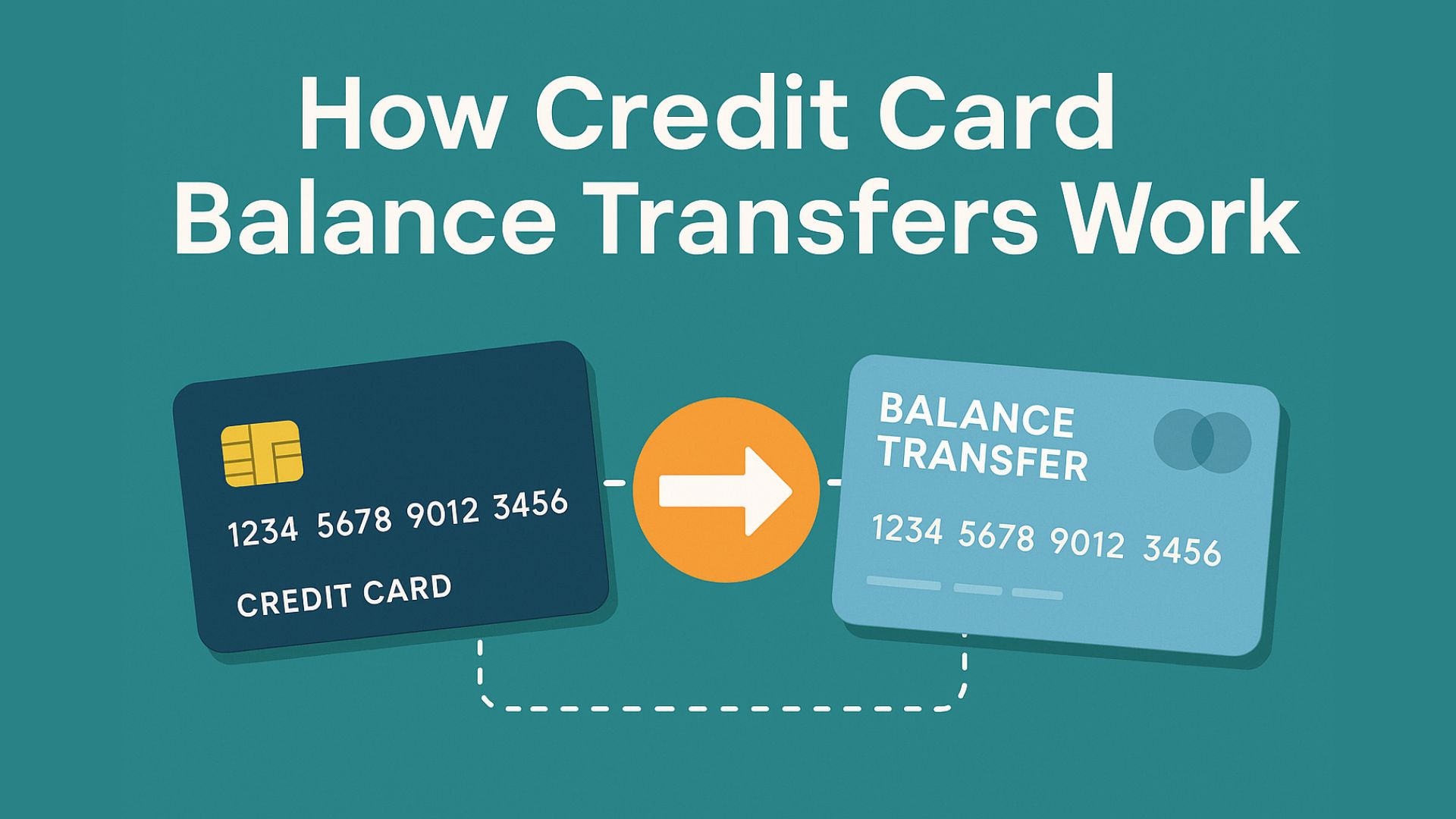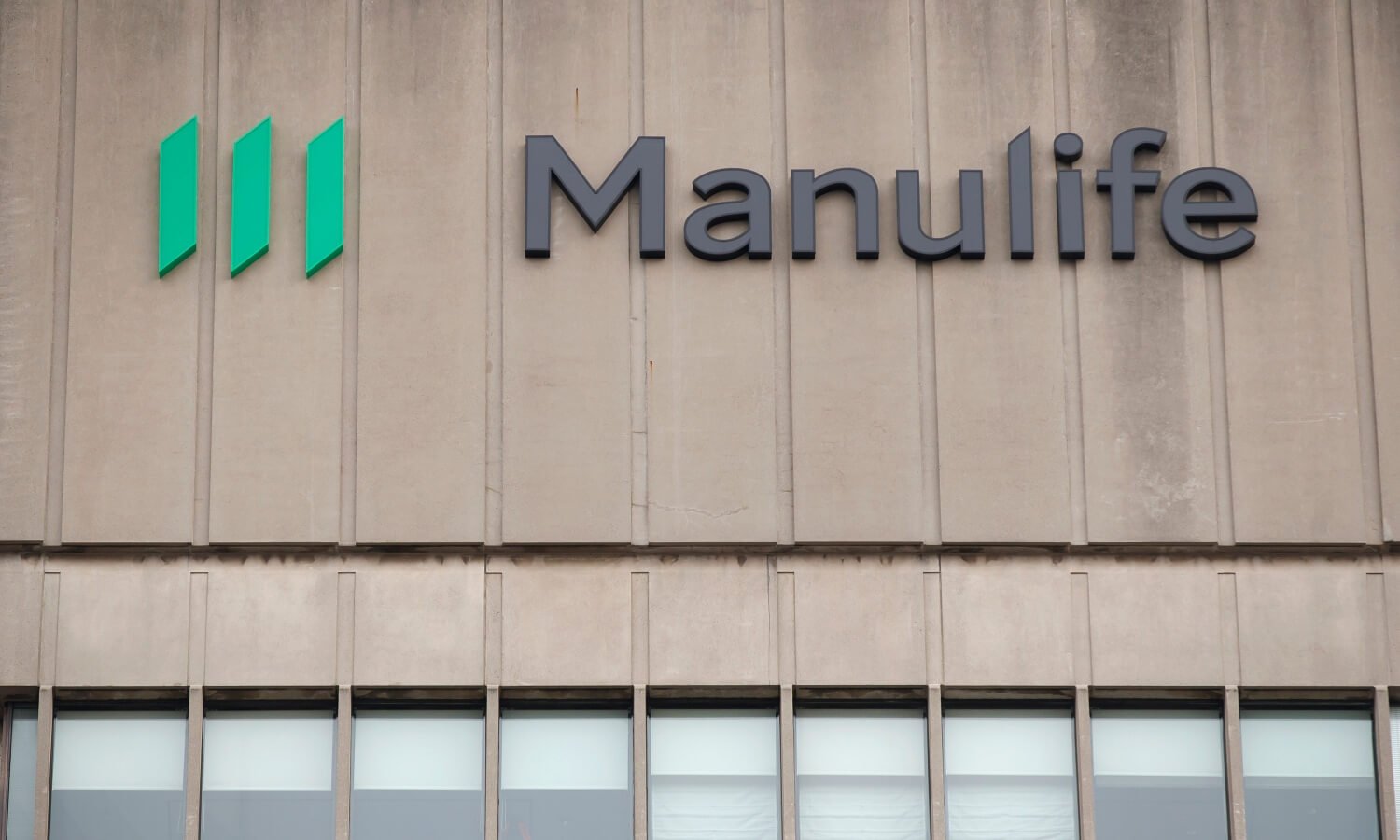Australia’s leading international education bodies – International Education Association of Australia (IEAA), English Australia and the Independent Tertiary Education Council Australia (ITECA) – have called on the federal government to urgently reduce the country’s AUD $2,000 non-refundable student visa application charge.
In July 2025, the government hiked the student visa application fee to $2,000. The move followed a 125% fee increase implemented just one year earlier, from $710 to $1,600.
In a joint letter addressed to the Prime Minister, treasurer, finance minister, and all six ministers on the council for international education, the organisations are pressing for immediate relief for certain student cohorts, specifically those applying to:
independent ELICOS programs and staying in Australia for less than 52 weeks
non-award courses and staying in Australia for less than 52 weeks
Australia now has the highest student visa charges in the world. According to the signatories of the letter – Phil Honeywood, CEO of IEAA, Ian Aird, CEO of English Australia and Felix Pirie, CEO of ITECA – a 50% reduction for these cohorts is “both fair and necessary”.
“These students typically seek a short study experience rather than a multi-year qualification. Requiring them to pay the full $2,000 non-refundable fee for a course lasting months or weeks is inequitable especially when compared to longer award-conferring programs,” they wrote.
The sector leaders outlined the “severe impact” on independent English language providers in particular, noting school closures.
“Australia has long benefited from the soft power and cultural exchange generated by short-term study abroad programs. Other countries actively encourage such programs, adding diversity and global perspectives to their student cohorts.
Requiring [students] to pay the full $2,000 non-refundable fee for a course lasting months or weeks is inequitable especially when compared to longer award-conferring programsAustralian international education bodies
“As well as reducing diversity in Australian classrooms, reduced interest for incoming study abroad and exchange programs (due to the disproportionately high visa application charge) will restrict outbound semester exchange opportunities for Australian students over time, as exchange partners seek to correct imbalances with Australian providers,” the letter continued.
The industry giants argue that maintaining such a high visa application fee is damaging Australia’s reputation.
According to the Department of Education, international student commencements in the year to July 2025 were 16% lower than the same period in 2024, with English language colleges (ELICOS) down nearly 40%.
In an interview with The PIE News, assistant minister for international education Julian Hill addressed the strong feedback coming from ELICOS and study abroad providers that visa fee hikes are having a disproportionate impact on their enrolments. However, Hill suggests it is not the only factor at play.
“The correlation between a reduction in offshore student numbers was not actually with the first increase to the visa fee… the correlation with the more significant drop in student numbers was when we tightened up the visa integrity settings because of some of the behaviour we were seeing from certain markets,” said Hill.
Despite this, he sought to assure stakeholders tuned in to the live broadcast that the government is taking their feedback seriously. “I’ve asked the department to prepare options for government to look at… we are listening,” he said.



























